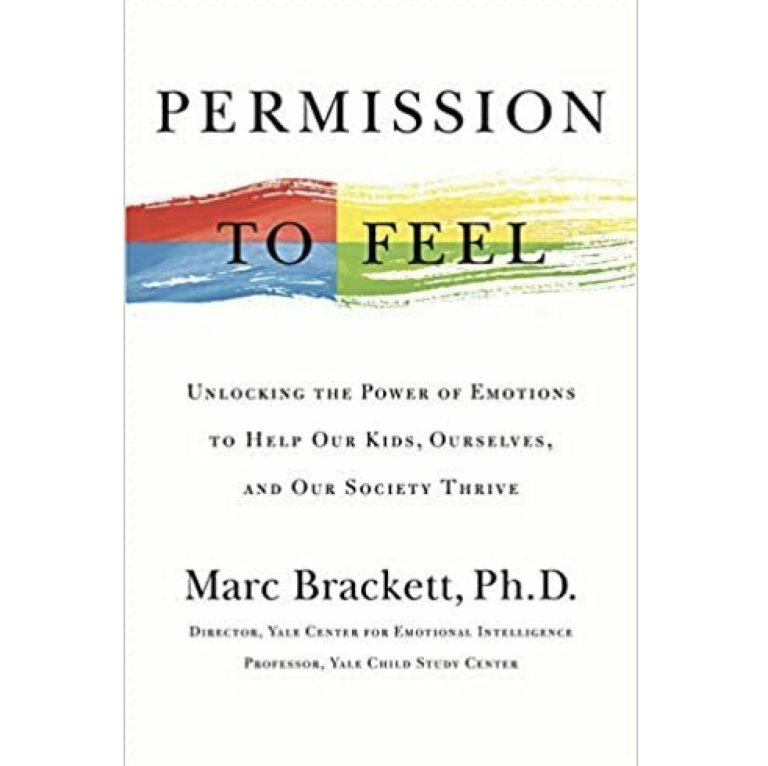Tags
ADHD adolescence attention autism book review book reviews boundary conditions classroom advice conference speakers constructivism/direct instruction creativity desirable difficulty development dual coding elementary school embodied cognition emotion evolution exercise experts and novices gender high school homework intelligence long-term memory math methodology middle school mindfulness Mindset motivation neuromyths neuroscience online learning parents psychology reading retrieval practice self-control skepticism sleep STEM stress technology working memoryRecent Comments
- Book Club Materials for Just Tell Them – Education Rickshaw - Metro Health News on Just Tell Them: The Power of Explanations and Explicit Teaching...
- How to Present at a Conference... |Education & Teacher Conferences on Enjoyment or Skill? The Case of Reading
- How to Present at a Conference... |Education & Teacher Conferences on Do *Goals* Motivate Students? How about *Feedback*?
- Roberta on Seriously: What Motivates Teachers to Be Funny?
- Revisiting the "Handwriting vs. Laptops" Debate: More Moving Goalposts |Education & Teacher Conferences on Handwritten Notes or Laptop Notes: A Skeptic Converted?
ABOUT THE BLOG
![AdobeStock_342990650_Credit [Converted]](https://www.learningandthebrain.com/blog/wp-content/uploads/2020/06/AdobeStock_342990650_Credit-Converted-768x510.jpg)
What’s the Ideal Size for Online Discussion Groups?
We’re all learning lots about online teaching these days: new software (Zoom), new vocabulary (“asynchronous”),…

“How to Study Less and Learn More”: Explaining Learning Strategies...
Because cognitive science gives us such good guidance about learning, we want to share that…

Permission to Feel: Unlocking the Power of Emotions to Help...
How are you feeling? We ask this question often because our feelings are an important…
Posted in Book Reviews
1 Comment

What’s Better Than Caffeine (And Doesn’t Require Electrodes)?
Is there an easy way to help students use their working memory more effectively? Do we have to zap their brains with electricity to accomplish this goal? Continue reading

The Limits of “Desirable Difficulties”: Catching Up with Sans Forgetica
Can a hard-to-read font improve student learning? That’s a very strange question, but in 2019 we had some reasons to think the answer was “yes.” Just published research updates our understanding. Continue reading
